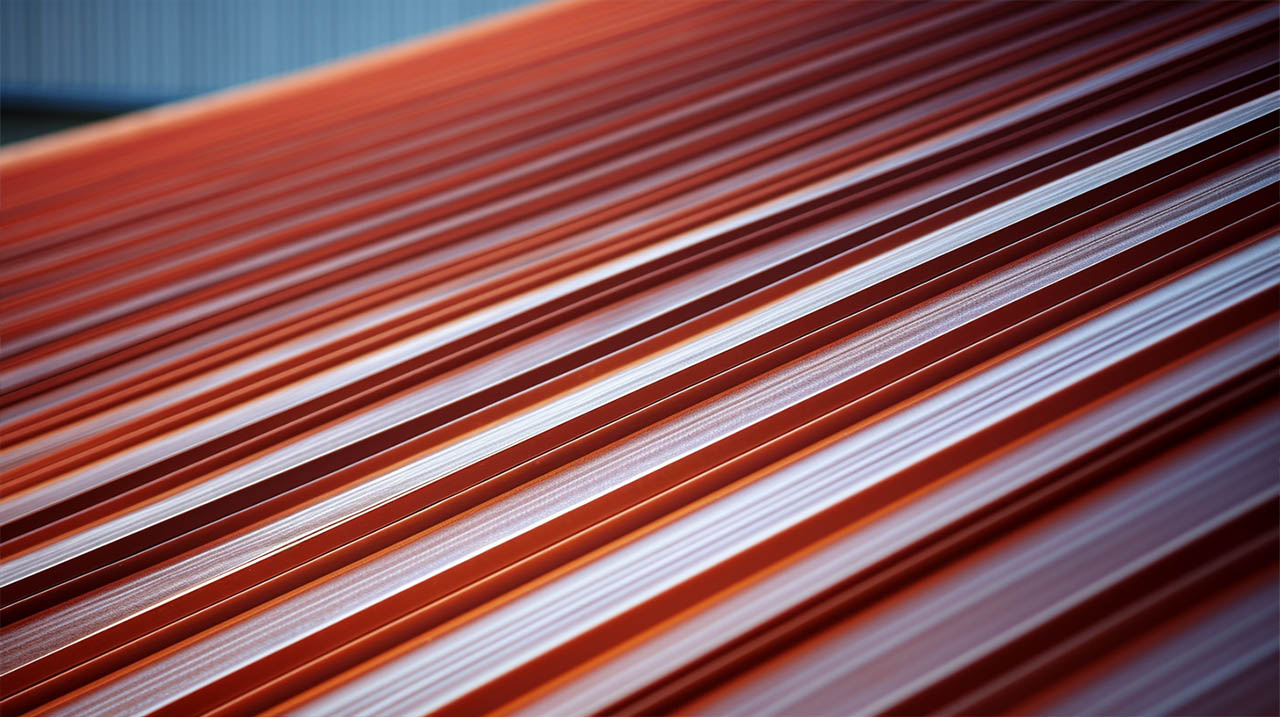section-a200a71

Introduction: The Roof Over Your Head Matters
When it comes to commercial roofing, the stakes are high. The material you choose can significantly impact the longevity, durability, and energy efficiency of your building. With a plethora of options available, making an informed decision can be overwhelming. That's why we at Equity Roofing are here to help you navigate through the maze of commercial roofing materials.
The Evolution of Commercial Roofing Materials
Years ago, ballasted roofs were the go-to option for commercial buildings. Then came EPDM, a synthetic rubber material, followed by TPO and PVC, which have gained prominence in recent years. Each material has its pros and cons, and the best choice often depends on various factors like your budget, local weather conditions, and specific roofing requirements.
EPDM: The Budget-Friendly Option
EPDM (Ethylene Propylene Diene Monomer) is a black rubber material commonly associated with flat commercial roofs. While it is the most budget-friendly option, it comes with a shorter lifespan and a 10-year warranty. EPDM lacks the energy-saving capabilities of its more modern counterparts, TPO and PVC.
TPO: The Balanced Choice
TPO (Thermoplastic Olefin) is a white, single-ply roofing material that offers a balance between cost and performance. It comes with a 25-year warranty and is known for its energy efficiency due to its reflective white surface. TPO is often considered a step above EPDM in terms of durability and energy savings.
PVC: The Premium Pick
PVC (Polyvinyl Chloride) is the top-tier option for commercial roofing. It offers the best warranty, superior energy savings, and excellent durability. PVC is highly flexible, allowing it to withstand temperature fluctuations and minor impacts like falling debris. If your budget allows, PVC is the most robust and long-lasting option.
Decoding Roofing Jargon
- EPDM: Ethylene Propylene Diene Monomer, a black rubber material.
- TPO: Thermoplastic Olefin, a white, single-ply material.
- PVC: Polyvinyl Chloride, a plastic, single-ply material.
- MOD BIT: Modified Bitumen, an asphalt-based material.
- BUR: Built-Up Roofing, a system of layered asphalt and stones.
- Single Ply: A roofing system with only one layer of material.
Commercial vs. Residential Roofing: The Key Differences
While residential roofs are generally sloped and use asphalt shingles, commercial roofs are often flat, requiring a fully sealed membrane. This difference necessitates the use of specialized materials like EPDM, TPO, or PVC for commercial applications.
The Final Verdict
If budget is not a constraint, PVC emerges as the clear winner for commercial roofing. It offers the best of all worlds—durability, energy efficiency, and a robust warranty. TPO serves as a reliable alternative, while EPDM should be considered for low-budget scenarios.
Why Choose Equity Roofing?
At Equity Roofing, we bring unparalleled expertise to every project. Whether you're looking for Central PA roofers or Central Pennsylvania roofing contractors, we've got you covered. Our Central PA roofing services are tailored to meet your specific needs, ensuring you get the best value for your investment.

